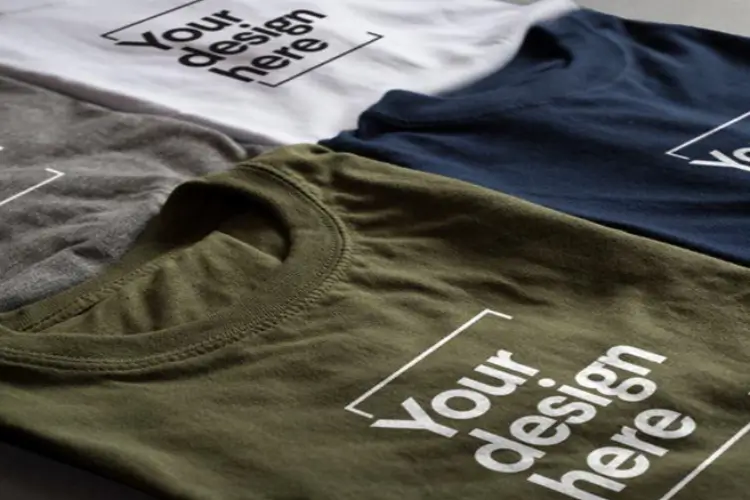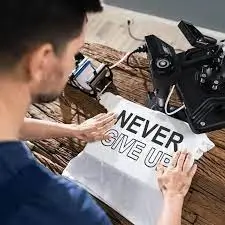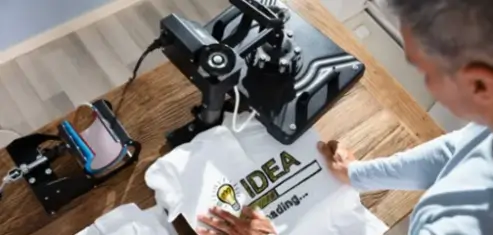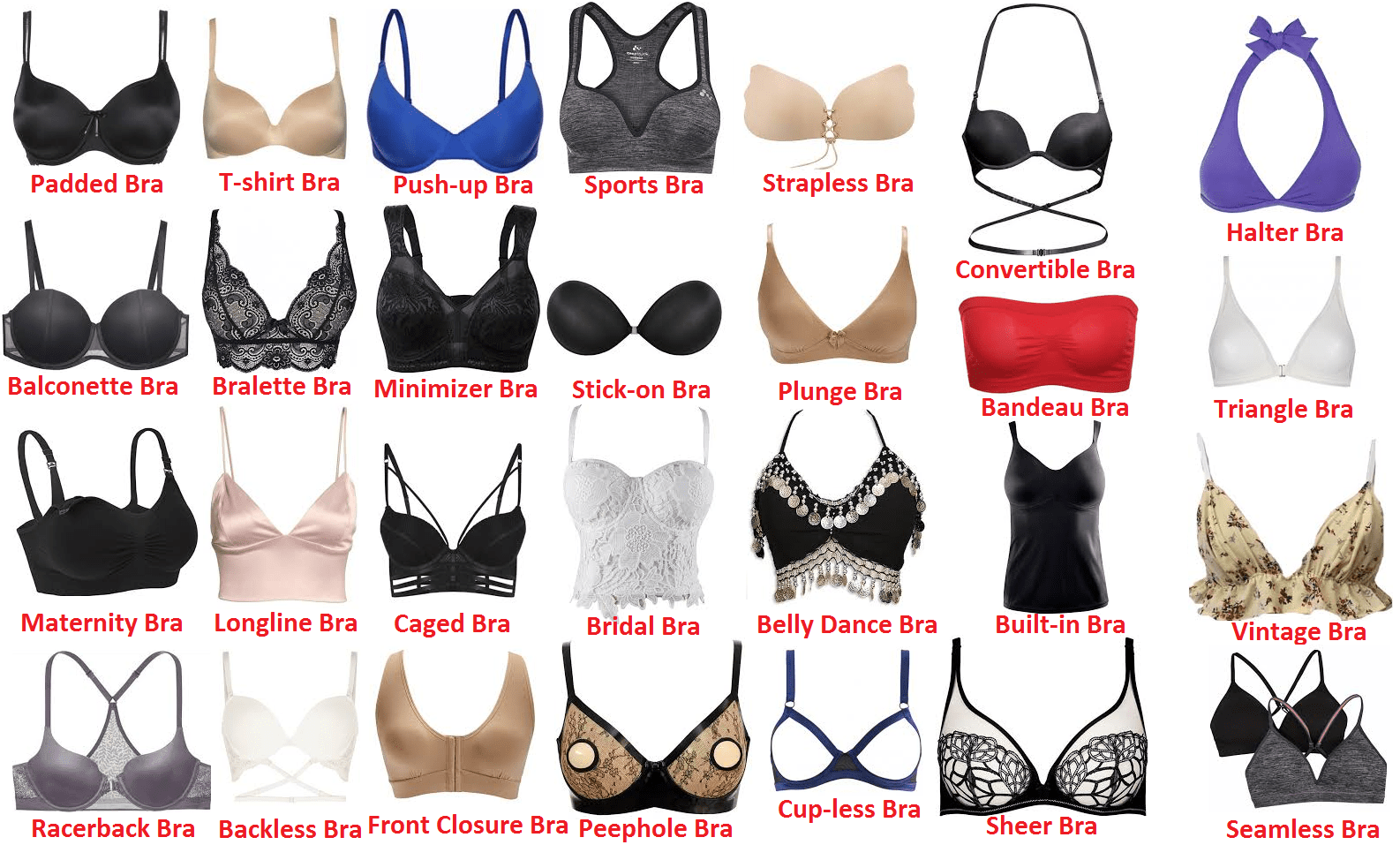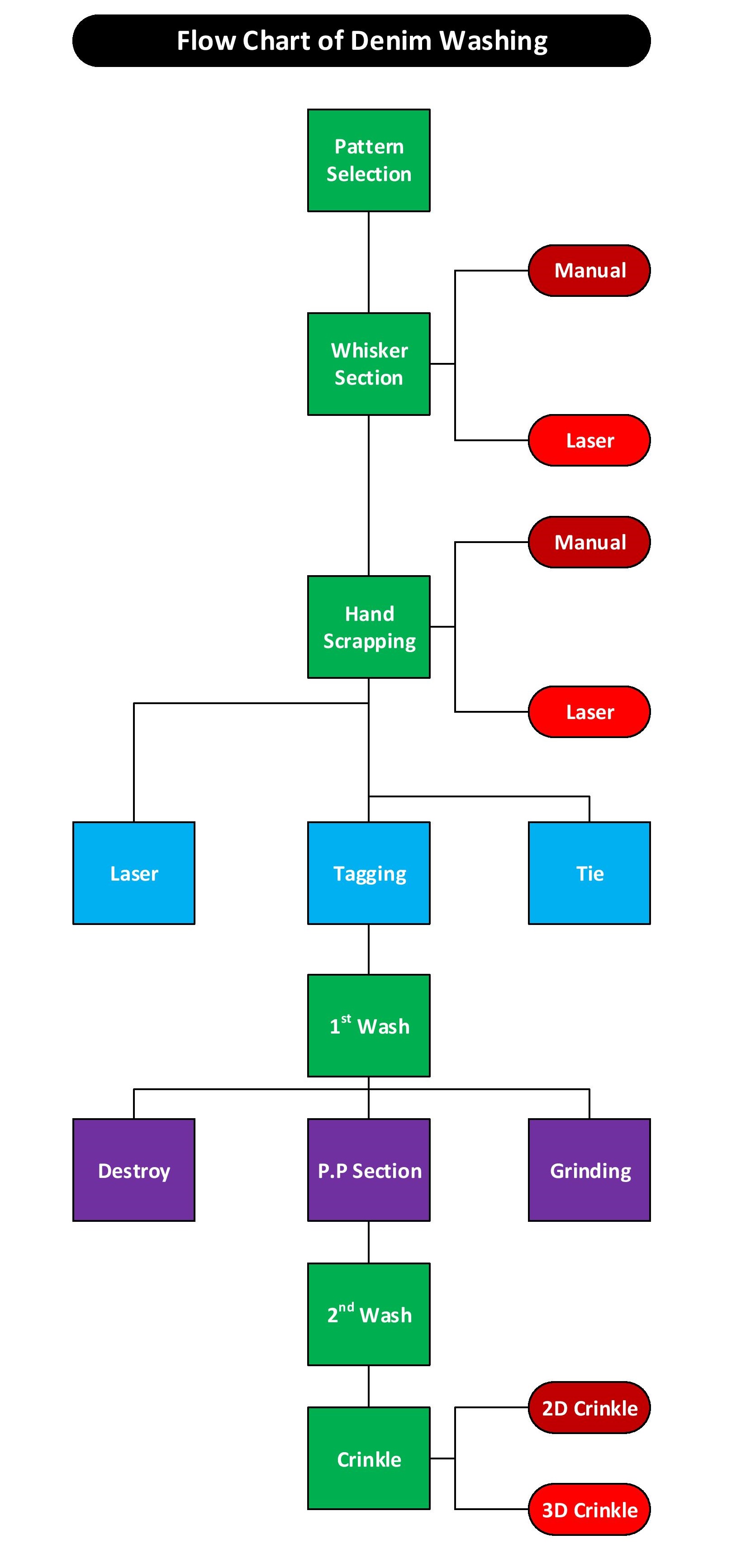Introduction
Custom apparel refers to clothing bearing unique designs or personal touches.It’s made according to specific preferences, needs, or branding requirements.
This customization can range from adding names and numbers to garments. It can also involve creating bespoke designs tailored to a customer’s specifications. Here’s a detailed look at custom apparel.
Types of Custom Apparel
Personalized Clothing
Adding names, initials, or custom numbers to sports jerseys, uniforms, or team apparel. The items are t-shirts, hoodies, or accessories. They have personal messages, photos, or designs. They are for special occasions like birthdays or weddings.
Branded Apparel
We customize uniforms, polo shirts, or jackets with company logos and slogans. This is for corporate events, trade shows, or employee uniforms. Make branded t-shirts, caps, or bags as giveaways. They’re for marketing campaigns.
Fashion and Lifestyle
I must design unique apparel pieces. They must fit each person’s style. This includes custom-fit clothing and fashion-forward designs. Producing exclusive apparel collections with limited quantities, targeting fashion enthusiasts and collectors.
Methods of Customization
Printing Techniques
We use DTF technology. It prints detailed designs onto fabric with vibrant colors and durability. Inkjet printers designed for specialty use create vibrant, detailed images on fabric. The traditional method uses screens to transfer ink onto fabric. It’s ideal for large batches of apparel with simple designs.
Embroidery
Adding logos or designs to apparel using threads for a premium, textured finish. Suitable for durable and professional-looking branding.
Heat Transfer Vinyl (HTV)
We use heat to transfer vinyl designs onto apparel. We offer many colors and finishes. Ideal for customizing names, numbers, or small graphics.
Considerations for Custom Apparel Businesses:
Design Expertise
You can use skilled designers. Or, you can partner with graphic artists. They will make appealing and effective designs.
Production Methods
You must choose the right printing or customization method. Do so based on the design’s complexity, the quantity, and the desired quality.
Customer Service
We must provide great service. It will help us handle custom orders, ensure satisfaction, and build long-term relationships.
Sustainability
They are considering using eco-friendly materials and production practices. This is to meet consumer demands for sustainable fashion choices.
Future of Custom Apparel
DTF (Direct to Film) printing is set to change the custom apparel industry. It will do so for startups and small businesses. Here’s how DTF printing represents the future of custom apparel:
Versatility in Printing Capabilities
Wide Range of Substrates
DTF printing supports printing on various substrates beyond just cotton and polyester fabrics. It can handle materials such as leather, nylon, and denim. This expands the possibilities for custom apparel.
Complex Designs
Customization and Personalization
Individualized Products
DTF printing lets startups offer personalized apparel. It can have names, numbers, graphics, or custom designs. This level of customization enhances customer satisfaction and fosters brand loyalty.
On-Demand Production
With DTF printing, startups can make apparel on-demand. This minimizes inventory costs and reduces the waste of overproduction. This agile production model responds quickly to customer orders and market demands.
Quality and Durability
High-Quality Prints
DTF printing produces prints with excellent color vibrancy, sharpness, and durability. The prints can withstand many washes. They keep their quality over time. This meets the consumer expectation for long-lasting apparel.
Soft Feel
DTF prints offer a soft, breathable feel on garments. They keep you comfortable while showing high-resolution graphics. This makes them preferable for apparel items intended for everyday wear.
Click here for cheap dtf printer for sale.
Cost-Effectiveness and Scalability
Lower Setup Costs
Compared to screen printing, DTF printing needs lower setup costs. It also needs minimal equipment investment. This affordability makes it accessible for startups and small businesses.
Scalability
DTF technology works for small and large production runs. It lets startups scale their operations as they grow. VDP supports scalability. It does not compromise on print quality.
Sustainability and Eco-Friendliness
Water-Based Inks
Some DTF systems use eco-friendly inks. They are water-based and reduce environmental harm. This is compared to solvent-based alternatives. This aligns with consumer preferences for sustainable fashion choices.
Reduced Waste
On-demand production and precise ink application minimize material waste, contributing to sustainable business practices. Startups can reduce their carbon footprint by producing only what is needed.
Innovation and Technology Integration
DTF printing works well with digital design software and workflows. It streamlines the design-to-print process. Startups can leverage technology for efficient production and superior print results.
Market Differentiation and Brand Building
Unique Offerings
Startups can use DTF printing. It helps them stand out in a crowded market with unique, custom-designed apparel. This uniqueness attracts consumers seeking personalized products and enhances brand visibility.
Check out high quality DTF printers at https://www.dtflinko.com/.
Brand Identity
Custom apparel created through DTF printing reinforces brand identity and storytelling. Startups can build emotional connections with customers by offering apparel that reflects their values and aesthetic preferences.
Conclusion
In conclusion, DTF printing is the future of custom apparel for startups. It offers versatility, customization, quality, and sustainability. Technology is advancing, DTF printing will let startups innovate and stand out in the market. It will also help them meet the changing demands of consumers. They want personalized and sustainable fashion.

